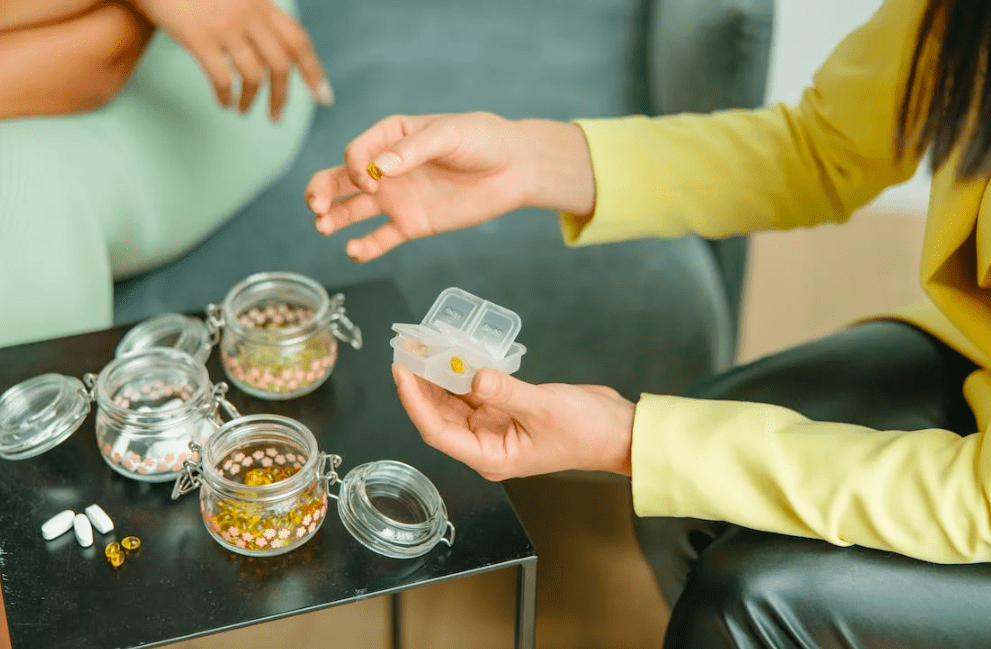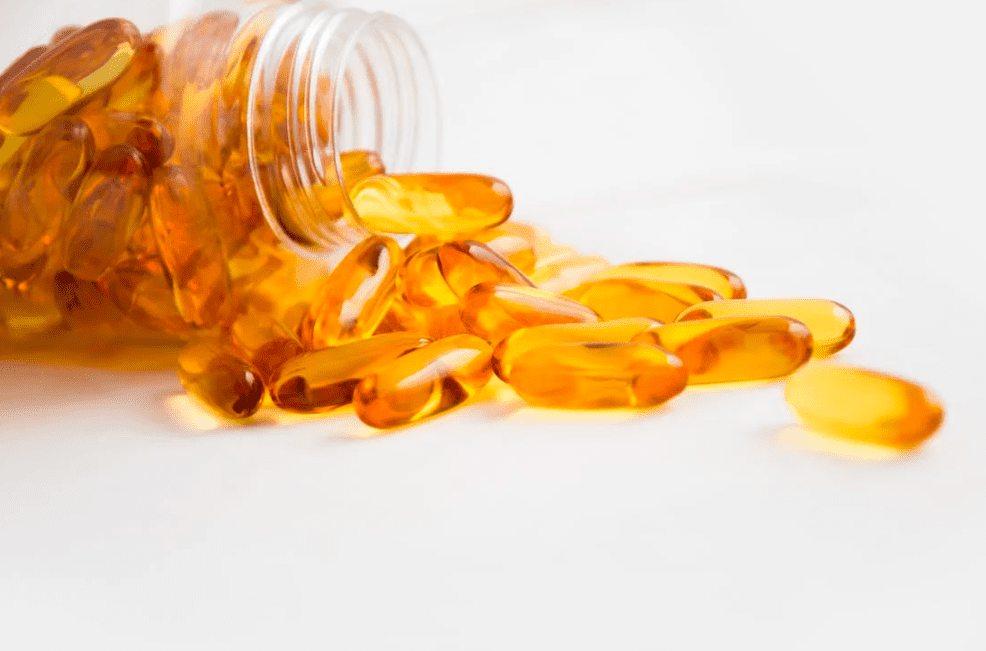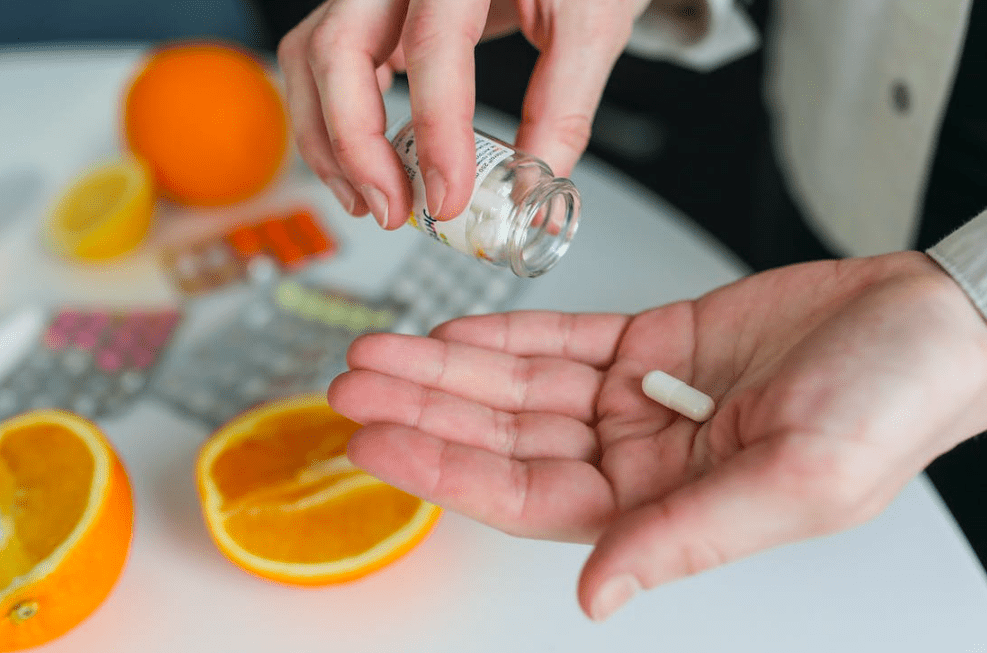When it comes to women’s health, ensuring that your body receives the proper nutrients is vital. With a vast array of supplements available on the market, it can be challenging to determine which ones are truly beneficial for your well-being. In this blog post, we’ll discuss some of the best supplements for women, and incorporating these into their daily routine can promote optimal health. It’s important to note that supplements should not replace a well-balanced diet but rather complement it. Always consult your healthcare provider before starting any new supplement regimen.
Iron
Iron is an essential mineral that plays a crucial role in the production of red blood cells, which carry oxygen to your body’s tissues. Women, particularly those of childbearing age, have a higher risk of developing iron deficiency due to menstruation and pregnancy. As such, it’s crucial for women to ensure that they’re consuming adequate iron levels.

Supplementation with iron can help prevent iron deficiency anemia and its symptoms such as fatigue, weakness, and pale skin. The recommended daily allowance (RDA) for iron is 18 mg for women aged 19-50 years and 8 mg for women above 50 years. Iron supplements come in various forms, including ferrous sulfate, ferrous gluconate, and ferrous fumarate. Consult your healthcare provider to determine the appropriate dosage for your needs.
Calcium
Calcium is vital for maintaining strong bones and teeth, as well as supporting nerve function and muscle contraction. Women have an increased risk of developing osteoporosis, a condition characterized by weak and brittle bones, as they age. Calcium supplementation, in conjunction with vitamin D, can help prevent this condition and maintain bone health.
The RDA for calcium is 1,000 mg for women aged 19-50 years and 1,200 mg for women above 50 years. Calcium supplements come in various forms such as calcium carbonate, calcium citrate, and calcium phosphate. Make sure to choose a supplement that best suits your needs and consult your healthcare provider for proper dosage.
Vitamin D

Vitamin D is essential for calcium absorption, immune function, and maintaining bone health. Unfortunately, many people, especially women, have insufficient vitamin D levels due to limited sun exposure, especially during winter months, and the use of sunscreen.
The RDA for vitamin D is 600 IU for women aged 19-70 years and 800 IU for women above 70 years. Supplements are available in two forms: vitamin D2 (ergocalciferol) and vitamin D3 (cholecalciferol). Research suggests that vitamin D3 may be more effective in raising and maintaining vitamin D levels. Consult your healthcare provider to determine the appropriate dosage for your needs.
Folate (Vitamin B9)
Folate, or vitamin B9, is crucial for DNA synthesis, cell division, and the production of red blood cells. It is particularly important for women who are pregnant or planning to become pregnant, as adequate folate intake helps prevent neural tube defects in the developing fetus.
The RDA for folate is 400 mcg for women aged 19 years and above, and 600 mcg for pregnant women. Folate supplements are available in the form of folic acid and L-methylfolate, with the latter being the biologically active form that is more easily absorbed by the body.
Omega-3 Fatty Acids
Omega-3 fatty acids are essential fats that play a vital role in maintaining heart health, brain function, and reducing inflammation. They are particularly important for women during pregnancy, as they support fetal brain development.
The American Heart Association recommends consuming at least two servings of fatty fish per week, such as salmon, mackerel, or sardines. However, if you’re unable to meet this recommendation through diet alone, consider taking an omega-3 supplement. Supplements are available in the form of fish oil, krill oil, or algae-based omega-3s (for vegetarians and vegans).
The recommended daily intake of omega-3s for women is 1.1 grams of ALA (alpha-linolenic acid), which can be converted into EPA (eicosapentaenoic acid) and DHA (docosahexaenoic acid) in the body. Pregnant and breastfeeding women should aim for at least 200-300 mg of DHA daily. Consult your healthcare provider to determine the appropriate dosage for your needs.
Biotin (Vitamin B7)

Biotin, also known as vitamin B7, plays a critical role in maintaining healthy hair, skin, and nails. While biotin deficiency is rare, women who experience hair loss, brittle nails, or skin issues may benefit from biotin supplementation.
The RDA for biotin is 30 mcg for women aged 19 years and above. Biotin supplements are available in various doses, ranging from 1,000 mcg to 10,000 mcg. It’s essential to start with a lower dose and gradually increase it under your healthcare provider’s guidance to avoid potential side effects.
Probiotics
Probiotics are live microorganisms that can help maintain and restore the natural balance of bacteria in your gut, which plays a crucial role in overall health. They may also provide various health benefits for women, including improved digestion, enhanced immune function, and reduced symptoms of irritable bowel syndrome (IBS).
Probiotic supplements are available in various forms, such as capsules, powders, and liquids. They contain different strains and concentrations of bacteria, so it’s essential to choose a product that best suits your needs. Look for a supplement containing Lactobacillus and Bifidobacterium strains, as they have been well-studied for their health benefits. Consult your healthcare provider to determine the appropriate dosage for your needs.
Magnesium

Magnesium is an essential mineral that plays a critical role in over 300 enzymatic reactions in the body, including energy production, protein synthesis, and muscle and nerve function. Women who suffer from conditions such as migraines, premenstrual syndrome (PMS), and sleep disorders may benefit from magnesium supplementation.
The RDA for magnesium is 310-320 mg for women aged 19-30 years and 320-420 mg for women above 30 years. Magnesium supplements are available in various forms, such as magnesium oxide, magnesium citrate, and magnesium glycinate. Choose a supplement that best suits your needs and consult your healthcare provider for proper dosage.
Conclusion
Incorporating these supplements into your daily routine can help you achieve optimal health and well-being. However, it’s essential to remember that supplements should not replace a well-balanced diet, regular exercise, and proper self-care. Always consult your healthcare provider before starting any new supplement regimen, and make sure to choose high-quality products from reputable brands. With the right combination of nutrients and a healthy lifestyle, you’ll be well on your way to feeling your best.
Next, you should check out our post on VITL personalized vitamins and We Built The Ultimate DR.VEGAN® Supplement Stack.



